I’ve been meaning to share my bath experiments with you for some time. Baths and showers with normal soap and shower gels can dry out the skin and leave you itchy and your skin irritated. But you need to keep your skin clean, especially if you run the risk of infected eczema.
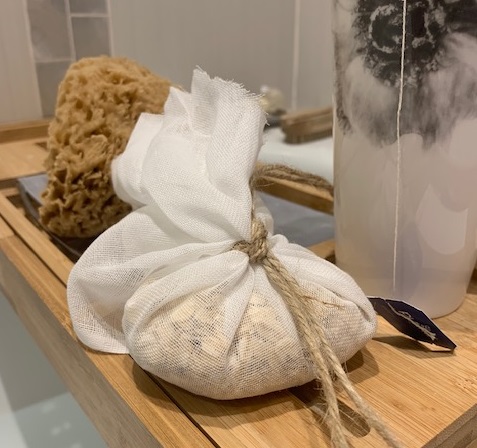
Since starting topical steroid withdrawal, I’ve found the bath such a help. It’s often the only place I feel itch free, soothed and calm but there are so many variables; do you have hard or soft water? Hot or warm? What do you add to the water? What soap do you use?
Hot, luke warm or cool?
If you’re really, really rabidly itchy a cool bath can really help to calm you down but don’t stay in for long, it’s really not pleasant after a few minutes and you’ll quickly get cold. Experts always advise a warm bath for those with eczema skin, but I find hot water can really help to relax me and doesn’t irritate my skin. Everyone is different, so please be careful and try out what works for you.
8 of the best baths for eczema, dry skin and topical steroid withdrawal
I’ve tried many different natural additions to my bath water in an effort to aid healing. It’s been a fun experiment. I usually listen to music, a podcast of an audio book while I’m soaking too and it’s become one of my favourite times of the day.
Here are the things that have helped me the most.
- Colloidal oats – All you need is some muslin and some string. This can be a fun thing to make with your kids too. It’s great for anyone with dry, sensitive, eczema, psoriasis or TSW skin. It’s like silk! Basically you put oats into the muslin and drop it into your bath water. I find I can usually make the oat bags last for two baths. Then rinse out the muslin cloth and make another few. I made a batch up so I didn’t have to do the prep before each bath.
- Epsom salts – Make sure you buy pure 100% good quality Epsom salts and add 1-2 cupfuls to your bath. It will dissolve entirely in the water and leave your skin feeling smoother, calmer and less aggravated. The National Eczema Society recommends soaking in an epsom salt bath and moisturising immediately afterwards for best results. It contains magnesium which helps in reducing swelling and relieving aches. It’s also thought that Epsom salts are effective for soothing skin and reducing irritation and itching.
- Dead Sea Salts – I use West Labs dead sea salts. Use code Ruth30 for 30% off. It’ honestly a game changer. I think dead sea salts are my favourite of all the salts you can add to your bath.
- Himalayan salts – This contains less magnesium than Epsom salts but has been said to help eczema skin, although I couldn’t find any scientific evidence for this. You could combine Himalayan and Epsom salts together for a double whammy effect.
- Bicardonate of soda – Add a quarter to half a cup of bicarb to your bath water and it should dissolve fully. It is naturally soothing and also has natural anti-bacterial qualities. The National Eczema Association suggests stirring ¼ cup of baking soda into a full bathtub of warm water and soaking for 10 to 15 minutes. I actually have my bath water quite hot, which I know is not what’s suggested, but I find it really helps. Rinse the skin after your bath to aid with the cleansing and lymphatic system.
- Apple Cider vinegar – Add two cups to luke warm water and soak for 15-20 minutes. Rinse in warm water after your bath. If you like a longer bath, you could add this towards the end of your bath. It is said to work by reducing the skin’s PH value, which can typically be higher for people with atopic dermatitis. Read Get the Facts: Apple Cider Vinegar on the National Eczema Association website. I have also found this works wonders if you ever get a fungal infection or thrush. A warm bath with ACV will soothe and help to heal your sensitive areas! Just rinse off after in warm water to remove that vinegar smell.
- Tea tree oil – this oil can be an irritant for some people so test a small area of skin before adding to your bath. I add about 5-10 drops to my bath and find it helps with skin health. People with atopic dermatitis can be prone to infections and have more of the staph virus on their skin naturally. Tea tree oil has natural antiseptic qualities so can help to keep staph levels lower.
- Rhassoul clay – this 100% natural mineral clay can be good for washing the hair, scalp and body of people with eczema. It also contains magnesium and is a lovely, soothing and natural way to clean sensitive skin. However it can be a bit messy so be warned! Check out Natural Spa Supplies, where I buy mine from for more information.
If you still can’t decide which to try, this article from West Labs, looking at Which salt bath is best for you? may help. Use code Ruth30 for 30% off all Westlabs Salts products. They also do a dead sea salt shower gel that I also use.
So, there are lots of options to choose from. Of if you’re like me, you can experiment and change things up each week. I find Dead sea salts is my go to, with a few drops of tea tree added.
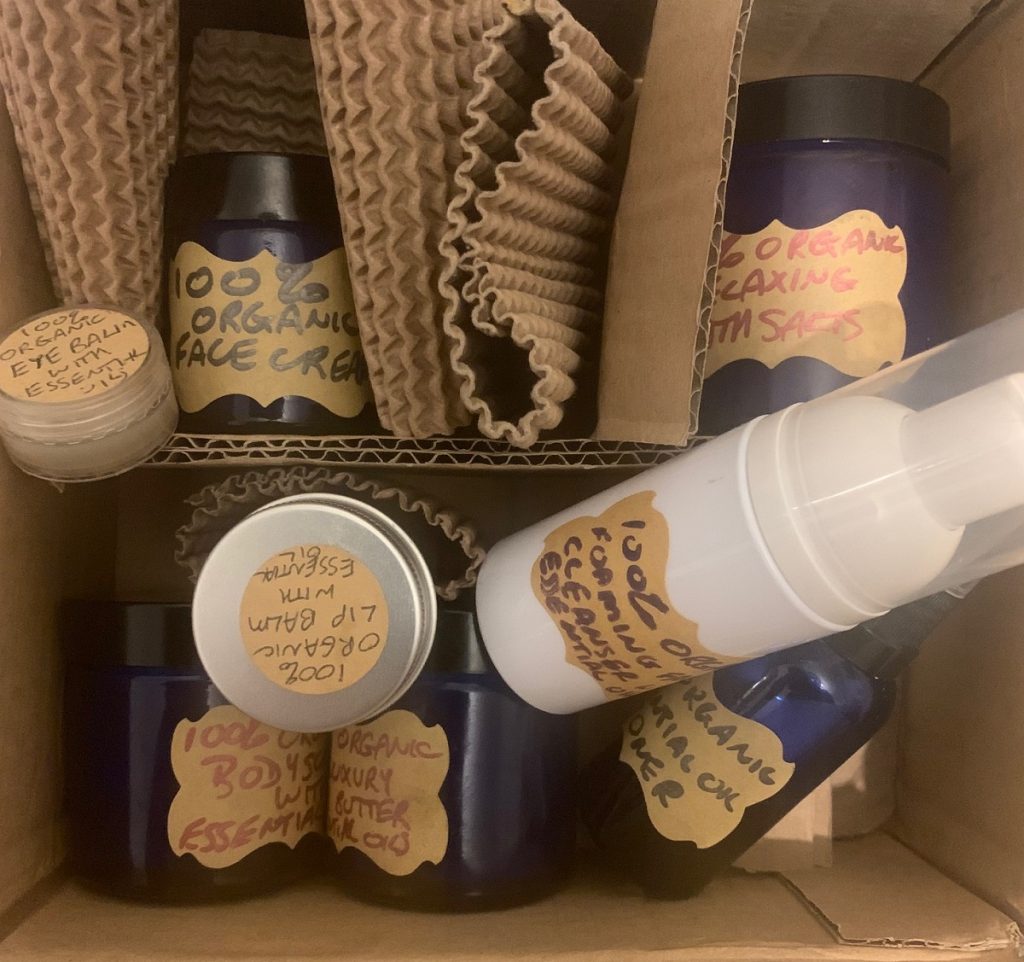
I also had some bath salts made for me by a lovely, kind friend, which was a blend of Dead See and Himalayan salts with bicarbonate of soda and eucalyptus and lavender essential oils, which was so divine. Always test first, as essential oils can aggravate sensitive skin. You could blend your own. But if you want to have some blended for you and sent in beautiful packaging from my very lovely uni friend Tanith, here’s her site: Just Bee. I’m just about order some more from her.
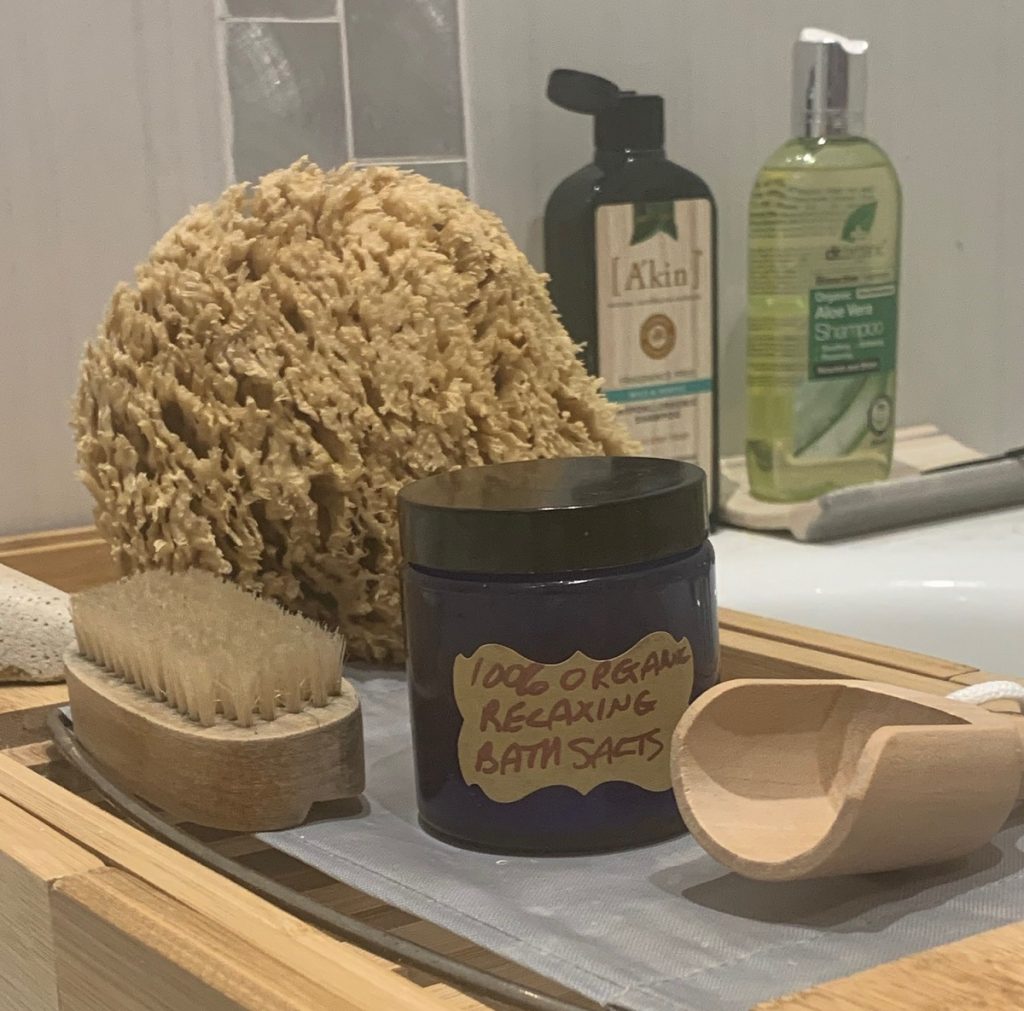
And what about soap?
I have used Epaderm as a cleanser in the bath and shower but at the moment am using just a simple bar of soap to clean the bits that need soap ie. pits, bits and feet. For the rest of my body I don’t really use soap. It can be very drying and an irritant. I have found a lovely hand made natural soap bar better for my skin than shower gels. My favourite soap at the moment is from Obvs skincare – oat soak soap bar is so lovely (use code WHATALLERGY20 for 20% off all Obvs products, including their paraffin free emollient which I use. The Rhassoul clay mentioned above can also be used to wash with. You mix the clay with some water to make a paste and massage into the skin and then rinse off. You’ll probably need apple cider vinegar conditioner, mix a tablespoon of ACV with warm water and rinse.
Moisturise right after your bath
I now don’t use much moisturiser on my skin at all. If I do need some on certain small areas I love Balmonds tea tree balm as which works great for me on really problematic areas (Use Balmonds code WHATALLERGY for 20% off). Also Lyonsleaf is lovely and soothing; I’m currently using the Natural Zinc and Calendula cream (use code LLWA20 for 20% off Lyonsleaf). Oils can also be really good if you want something natural and simple. I have a lovely vitamin E oil which I sometimes apply all over after a bath but need time to dry off. I don’t always find oils as moisturising as emollients. Not sure why.
What about your hair?
I never know what to do about my hair in the bath. I don’t always want to wash it so I do have a fetching shower cap if it’s not a hair wash day. When I do wash my hair I find it easier to wash over the bath and wrap in a towel or soak it during the bath and wash it just before I get out, but I wash and rinse leaning over so the shampoo doesn’t go over my body. When your skin is really sensitive this can help to avoid any irritation. Shampoo is another blog subject altogether and something I’ve written a lot about on here already. Check out My Shampoo blog posts here. At the moment I’m using Olsson sensitive shampoo and conditioner. I love it so much. Use code WHATALLERGY10 for 10% off Olsson products.
I hope you’ve found this useful and would love to hear what you’ve found helps you in the bath. Baths just seem so much better for my skin at the moment and a soak in the tub seems like the height of luxury. One of my self care routines, because for me, it’s not just about getting clean, it’s about taking time to be kind to my skin.
What do you love adding to your bath? I’d love to hear…









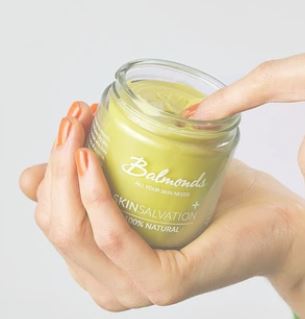

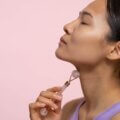
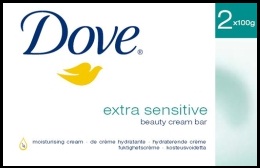
Leave a Reply